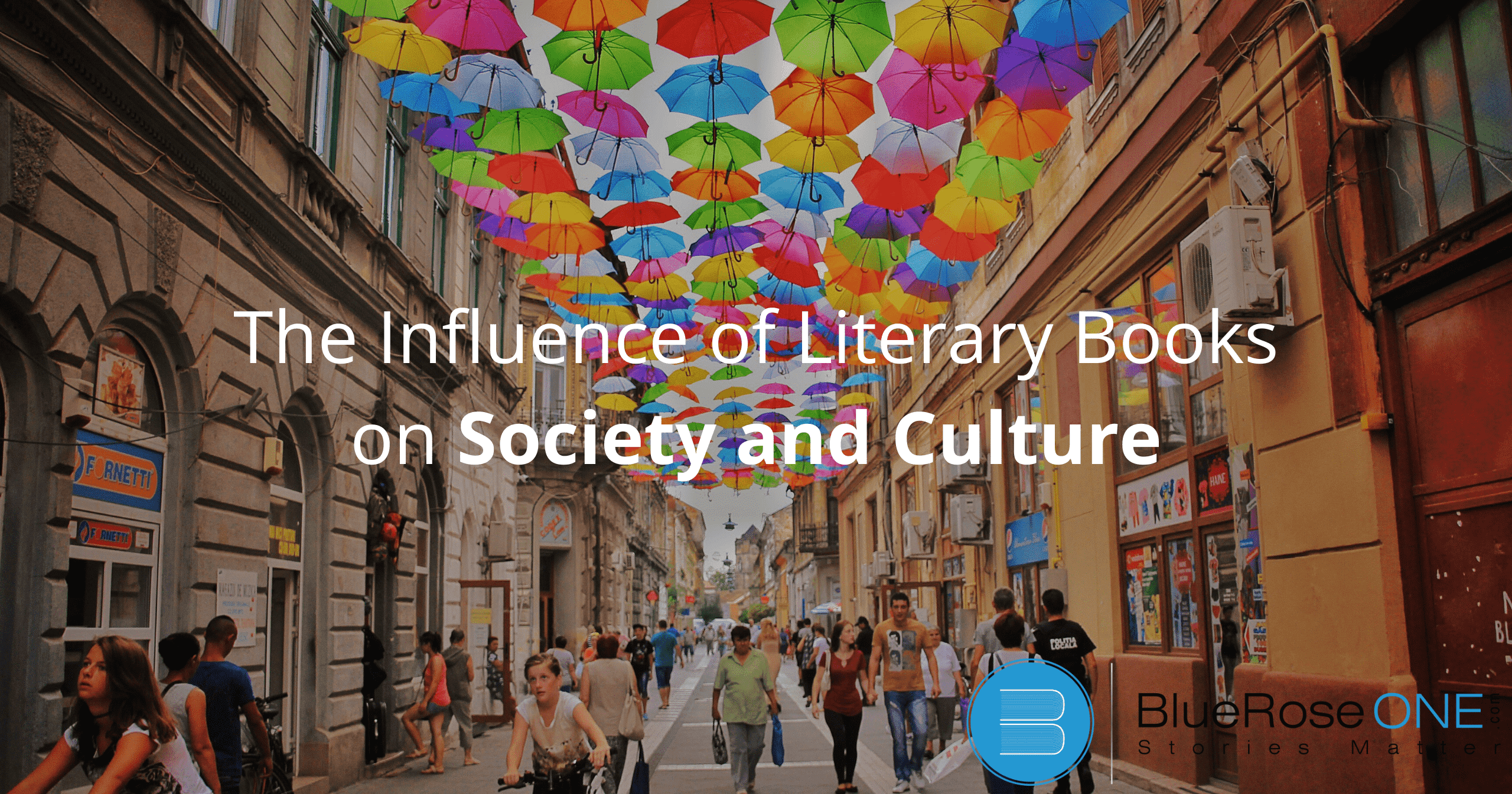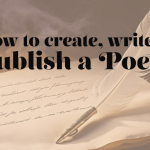Literature has always played a vital role in society by acting as a mirror reflecting the ideals, ideologies, and social mores of the day. From prehistoric societies to contemporary culture, literary works have been crucial in forming cultural norms and defining individual identities. We will delve into the historical significance and current relevance of literary books as we examine their enormous influence on society and culture in this essay.
You may also like: What is Cozy Mystery? A Beginner’s Complete Guide
Historical Overview of Literary Books
Ancient Civilizations and Their Literary Works
Ancient civilizations left behind a treasure trove of literary books that continue to captivate readers centuries later. From the epic poems of Homer in ancient Greece to the philosophical treatises of Confucius in ancient China, these literary works offer invaluable insights into the beliefs, values, and societal norms of their respective cultures.
The writings of ancient civilizations serve as a window into the past, providing a glimpse of the human experience across time and space. By studying these literary books, we gain a deeper understanding of our shared history and the evolution of human thought and expression.
Medieval Literature and Its Impact
The influence of medieval writing is particularly strong in the field of historical literature. The foundation of medieval literature is its window into the past, which helps us understand society and culture now. These literary books enthrall readers with their fascinating storytelling and everlasting themes; they range from epic poetry to allegorical tales.
By examining literary works from the Middle Ages, we can gain an understanding of the conflicts, values, and worldviews of earlier times and develop a more profound understanding of the human condition throughout history. We discover gems that inspire and have an impact on modern storytelling as we explore the rich fabric of medieval literature.
You may also like: Why Every Author Should Consider Digital Publishing
Enlightenment Era and the Rise of Literary Movements
Romanticism
A significant change in artistic expression occurred during the Enlightenment, as seen by the emergence of literary movements such as Romanticism. Literary Books that reflected the goals and aspirations of society were crucial in encapsulating the spirit of this era. Romanticism, which placed a strong focus on emotion, individualism, and the sublime, was influential in literature.
These literary books were not only enjoyable reads but also excellent means of delving into more complex societal and philosophical issues. Literary books from the Enlightenment Era, such as Wordsworth’s poetry and Jane Austen’s novels, continue to captivate readers and have a lasting impact on society and culture.
You may also read: How to Publish a Book? | Publish Your Book | BlueRoseOne
Realism
During the Age of Enlightenment, realism became a major literary movement that changed the literary landscape and the way that literature affected society and culture. Realistic art aimed to present commonplace events and hardships through an unvarnished, unadulterated lens, stemming from the desire to capture reality as it actually is.
Literary books were used as a means of examining the nuances of politics, society, and human psychology as well as the complexity of the human condition. By means of works that are distinguished by striking detail and intricate character development, realism subverted established literary conventions and provided readers with an enhanced comprehension of their surroundings. Through the power of storytelling, this movement not only changed the literary landscape but also had a lasting impact on society, encouraging empathy and insight.
You may also like: Literary Fiction vs Genre Fiction: Definition & Examples
Modernism
Modernism is a pillar in the literary movement landscape, transforming our understanding of and interaction with literature. Early in the 20th century, modernist literature began to appear, questioning established narrative patterns and delving deeply into novel subjects. Through the use of fragmented tales and the stream-of-consciousness approach, Modernist writers pushed boundaries and drew readers into a complex and contemplative world.
Timeless masterpieces that enthrall audiences even now were created during this era. The continuing influence of Modernist literary books on society and culture becomes distinctly substantial as we go deeper into the Enlightenment Era and its succeeding literary movements, influencing our comprehension of the human condition.
You may also like: 20 Satire Examples in Real-World Every Writer Should Know
Influence on Society and Culture
Literary books have a profound impact on society and culture, influencing people’s thoughts and viewpoints for years to come. From classical epics to contemporary masterpieces, these pieces act as windows into the ideals, convictions, and hardships of their respective eras.
Literary books arouse empathy, spark change, and encourage thought through the complex web of narrative. They are the mainstay of intellectual conversation, provoking discussions and questioning accepted wisdom. Whether it’s Orwell’s revolutionary thoughts or Shakespeare’s timeless wisdom, literary books have had a profound impact on humanity’s collective consciousness, influencing how we view the world and ourselves.
You may also like: Top 10 Real life Stories to Read Online
Literary Books as a Medium of Change
Through the years, literary works have shaped civilizations and cultures as a potent instrument of change. Literary books have sparked movements, questioned conventions, and provoked thought, from the powerful language of revolutionary manifestos to the moving accounts of societal injustices.
Literary books encapsulate the core of the human experience through their complex narratives, nuanced character development, and thought-provoking subjects. This inspires readers to act and it becomes clear that these classic books are more than just stories on paper; rather, they are change agents with the power to influence the path of human history.
Literary Criticism and Its Role in Shaping Perceptions
Readers analyze and understand the enormous effects that literary books have on society and culture through the lens of literary criticism, which is crucial in forming readers’ opinions of these works. Through analyzing the themes, characters, and symbolism found in literary works, critics provide insightful analysis that enhances our comprehension and admiration of these classic works of literature.
By means of critical analysis, individuals can acquire a more sophisticated understanding of the intricacies and subtleties contained in literary books, thereby facilitating their recognition of the significant impact these literary works have on creating cultural paradigms, values, and societal norms.
Adaptation into Other Mediums
In terms of cultural impact, society narratives have been significantly shaped by the translation of literary works into other media. These adaptations—which transcend literary bounds and reach a wider audience—give classic tales fresh life on the big screen and stage.
Literary books have an influence that goes beyond the printed page and is woven into popular culture through many mediums such as film, theater, and even internet platforms. This progression guarantees the timeless relevance and social significance of these literary gems by introducing them to new audiences while still preserving their essential qualities.
You may also like: International Publishing: Expanding Your Reach Beyond Borders
Conclusion
In summary, literary books have always had a significant impact on society and culture. From modern novels to classical epics, these literary books have acted as a catalyst for change as well as a mirror of the human condition. We can learn more about the intricacies of the human condition and the dynamic nature of society by delving into the themes, characters, and plots of literary books.
Frequently Asked Questions
Literary books have evolved in style, theme, and narrative technique, reflecting changes in society, culture, and artistic movements.
Literary books are often included in school curricula as they provide insights into history, culture, and human behavior, fostering critical thinking and empathy in students.
Yes, literary books can shape public opinion by presenting alternative perspectives, challenging prevailing beliefs, and advocating for social change.
Despite the rise of digital media, literary books continue to captivate readers and influence cultural discourse, demonstrating their enduring relevance.
To appreciate literary books more deeply, readers can engage in close reading, analysis, and discussion, exploring the themes, symbols, and motifs within the text.
















